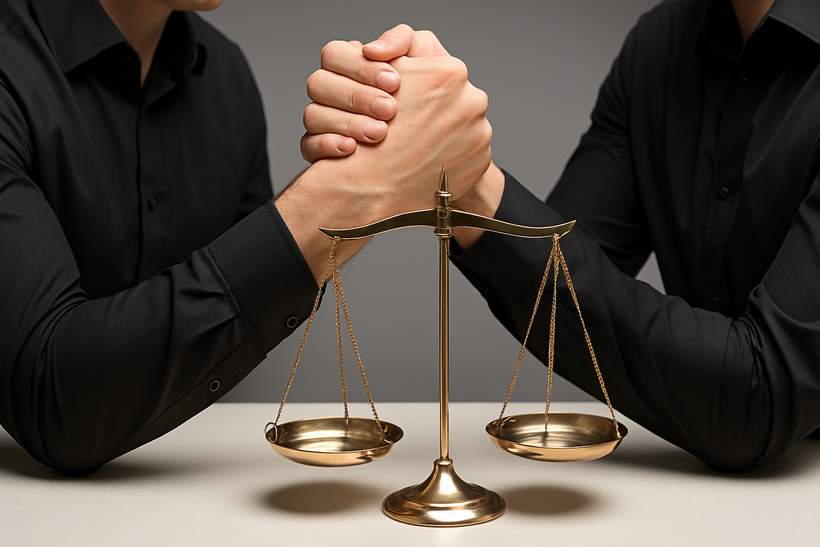Evolution and Light & Wonder Legal Dispute: Court and Arbitration Split

Background of the Legal Conflict
The ongoing legal dispute between Evolution and Light & Wonder has taken a new turn recently. A federal court in Nevada ruled that certain claims must be resolved through arbitration, while others will continue to be addressed in court. This complex situation highlights the unresolved tensions between the two companies and signals a prolonged legal battle.
Recent Court Decision on Arbitration
On September 30, US District Judge Cristina Silva made a significant ruling regarding the case. She ordered that Light & Wonder’s request to move Evolution’s trade secret claims to arbitration be granted, based on an arbitration clause found in their 2021 licensing agreement. However, she decided that Evolution’s patent infringement claims should remain under the jurisdiction of the Nevada court.
Details of the Dispute
The conflict revolves around a 2021 licensing agreement where Light & Wonder was granted exclusive rights to develop a physical version of Evolution’s popular game, Lightning Roulette, for use in brick-and-mortar casinos. Evolution alleges that Light & Wonder has breached the agreement by misusing confidential information and proprietary technology to create rival products.
Evolution’s updated complaint also includes accusations related to patents known as the Haushalter patents, involving live-streamed gaming systems with randomized multipliers, and the Merati patents, which came into Evolution’s portfolio following its 2024 acquisition of the hybrid gaming company Uplay1. In addition to patent claims, Evolution charges Light & Wonder with the improper use of trade secrets under both federal and Nevada state laws.
Implications of the Arbitration Clause
Judge Silva found that the trade secret claims clearly fall under the arbitration clause stated in the 2021 agreement. This clause requires unresolved disputes to be settled according to the Rules of Arbitration of the International Chamber of Commerce, overseen by a panel of three arbitrators with the arbitration venue set in London.
Evolution contested this interpretation, arguing that disputes related to licensed intellectual property should be exempt from arbitration. However, the court clarified that the exemption only applies to intellectual property issues governed by the laws of the location where the infringement occurred, and does not exclude such matters from arbitration altogether.
Current Status and Outlook
The current ruling means the dispute will proceed on two parallel tracks: arbitration for the trade secret allegations and court hearings for the patent infringement claims. A status conference scheduled for October 30 will provide further guidance on how the arbitration ruling will influence the ongoing court case. Despite this progress, a final settlement between Evolution and Light & Wonder still appears distant, indicating an extended legal confrontation ahead.